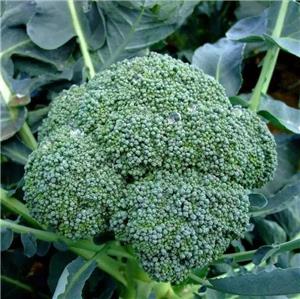-
1110-2021
WHO report highlights global shortfall in investment in mental health
World misses most 2020 mental health targets; extension of WHO Mental Health Action Plan to 2030 provides new opportunity for progress
-
2909-2021
Papua New Guinea steps up efforts to eliminate lymphatic filariasis
MDA is needed to reduce infection in the community to levels below a threshold at which mosquitoes are unable to continue spreading the parasites from person to person, and new infections are prevented. WHO recommends the transmission assessment survey (TAS) to determine when infections have been reduced below these target thresholds and MDA can stop. Once MDA has stopped, TAS is used as a surveillance tool to determine that infection levels are sustained below target thresholds.
-
2809-2021
Safe abortion in the context of COVID-19: partnership, dialogue and digital innovation
As the pandemic continues to challenge health systems capacity for delivering essential services, International Safe Abortion Day is an opportunity to celebrate global efforts to protect ongoing provision of comprehensive abortion care.
-
2609-2021
Cholera
Cholera is an acute diarrhoeal infection caused by eating or drinking food or water that is contaminated with the bacterium Vibrio cholerae. Cholera remains a global threat to public health and is an indicator of inequity and lack of social development. Researchers have estimated that every year, there are 1.3 to 4.0 million cases of cholera, and 21 000 to 143 000 deaths worldwide due to the infection.
-
2209-2021
WHO calls on world leaders at the UN General Assembly to focus on vaccine equity, pandemic preparedness, and getting the SDGs back on track
WHO is urging leaders attending the 76th session of the United Nations General Assembly (UNGA) to guarantee equitable access to COVID-19 vaccines and other life-saving tools; ensure the world is better prepared to respond to future pandemics; and renew efforts to achieve the Sustainable Development Goals (SDGs).
-
1309-2021
How vaccines can help to prevent antibiotic resistance - Zimbabwe’s response to drug-resistant outbreaks of typhoid and cholera
Antibiotic resistance is a natural phenomenon that happens when bacteria develop the ability to defeat the drugs designed to kill them. The germs change over time, no longer responding to medicines thus making infections harder, and sometimes impossible, to treat. This, in turn, results in higher health care costs for both individuals and governments. “Preventing and controlling antibiotic resistance calls for a multi-pronged approach, of which vaccines is one”, says Dr Stanley Midzi, WHO Health Systems Strengthening Advisor.
-
0609-2021
Virtual cGMP Training Marathon for vaccine manufacturing
Many low- and middle-income countries (LMICs) face inconsistent supply of quality-assured vaccines and are therefore dependent on importation to fill the gaps in supply. It is recognized that local production can improve timely access and safeguard health security in vaccine supplies.
-
1108-2021
How ALA work and it's Clinical Summary
Alpha-lipoic acid is an antioxidant. Although there is some evidence it may help treat conditions related to diabetes, confirming studies are needed. Alpha lipoic acid (ALA) is an endogenous cofactor found in cells that can also be obtained in the diet. It is sometimes referred to as a “universal antioxidant” because it is both water- and fat-soluble and can neutralize reactive oxygen species (26). It is marketed as a dietary supplement for this reason, and is also used as adjuvant therapy for neuropathy and to improve glycemic control. Preclinical studies show that ALA plays a crucial role in energy production, and exerts antioxidant and apoptotic effects.




